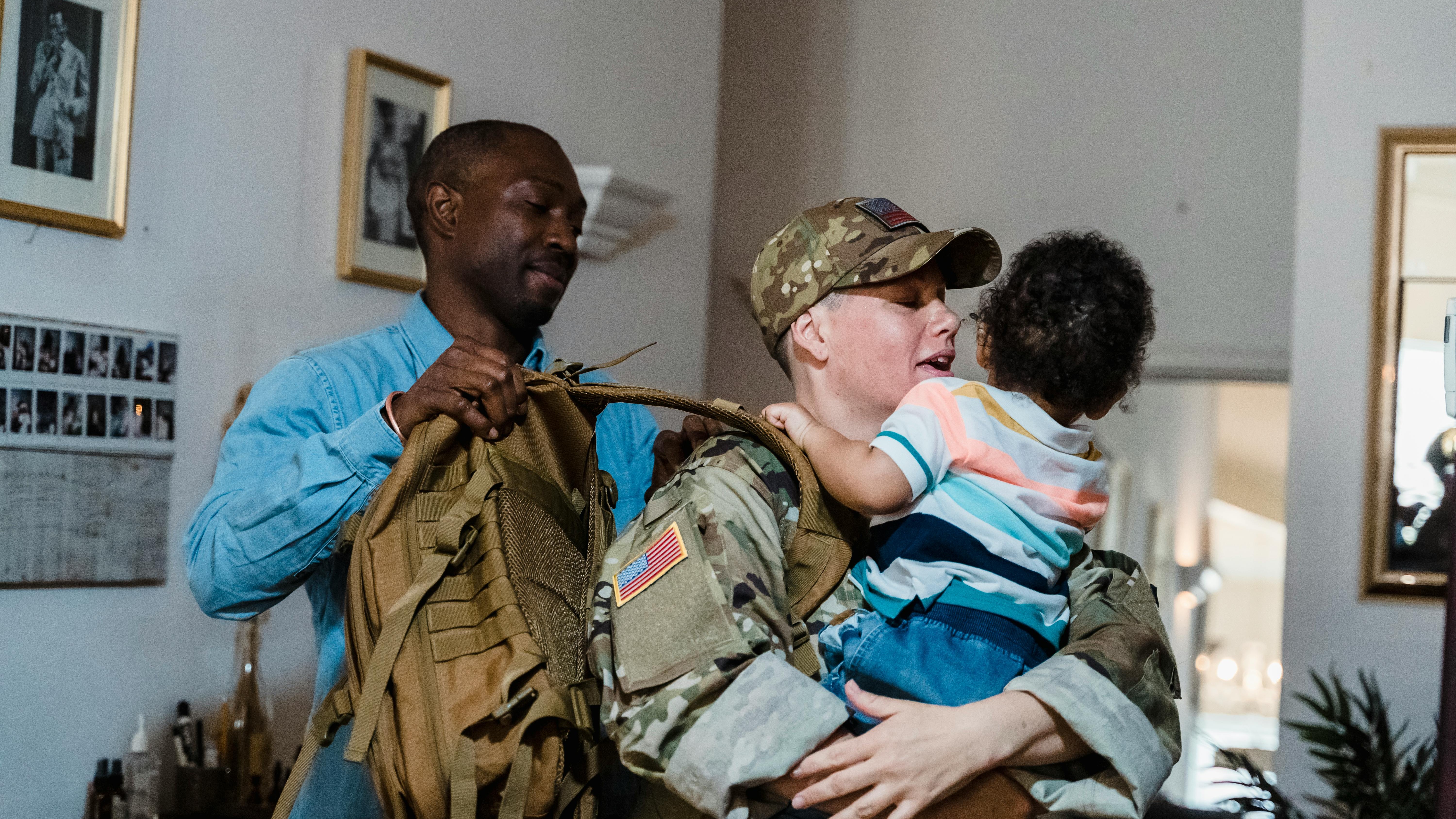
Understanding the Resilience and Anxiety of Military Kids
Military children are often praised for their resilience, but this stereotype overlooks significant mental health challenges they face. Research suggests that nearly 1 in 3 military kids experience anxiety, a remarkable statistic that highlights the pressing need to address their mental health needs.
What Causes Anxiety in Military Children?
The lifestyle of military families involves frequent moves, constant changes, and long deployments, which contribute to anxiety among children. Military kids not only need to adapt to new schools and communities; they also grapple with the emotional toll of worrying about their parents' safety during deployments. This unique combination leads to elevated anxiety levels compared to their civilian peers.
Understanding the Signs of Anxiety
Effects of anxiety can manifest distinctly in children. They may show signs such as developmental regressions, lack of interest in favorite activities, and even physical complaints like headaches. Recognizing these signs is crucial for parents. Acknowledging that anxiety isn't just a phase but a serious issue can facilitate earlier intervention, which is essential for improving outcomes.
Strategies to Support Anxious Military Kids
If you are a military family, there are practical steps you can take to support your child struggling with anxiety. First, validate their feelings, helping them understand that their emotions are real and significant. Secondly, creating a stable routine fosters a sense of control in an unpredictable environment. Lastly, encouraging open communication can help reinforce emotional support, allowing children to feel secure as they navigate various transitions.
The Importance of Mental Health Support
Access to quality mental health care is critical for military families. Although services are available, barriers often exist that prevent children from receiving the help they need. Efforts have been made to improve access, such as integrating military children into local public schools so that educators are aware of their unique challenges. Continued advocacy for mental health and social support is vital for fostering resilience.
Future Insights for Military Families
Given the increasing integration of military families into civilian life, there is potential for creating stronger support networks. Investing in programs that educate schools and communities about military life may reduce stigma and promote understanding. The military community, alongside civilian partners, must continue to collaborate, ensuring military kids receive the comprehensive mental health support they need.
Taking Action: How You Can Help
Military families should prioritize mental health just as much as physical health. If you're a parent, consider reaching out to mental health professionals covered by Tricare—it's a crucial step in ensuring your child receives proper guidance and support. Furthermore, fostering connections between military families can amplify resources and emotional backing. Remember, you are not alone in this journey.
The resilience of military children is commendable, but it should not overshadow their need for support and understanding. By recognizing their struggles and advocating for mental health resources within your community, we can create a nurturing environment for these brave kids.
 Add Row
Add Row  Add
Add 




Write A Comment